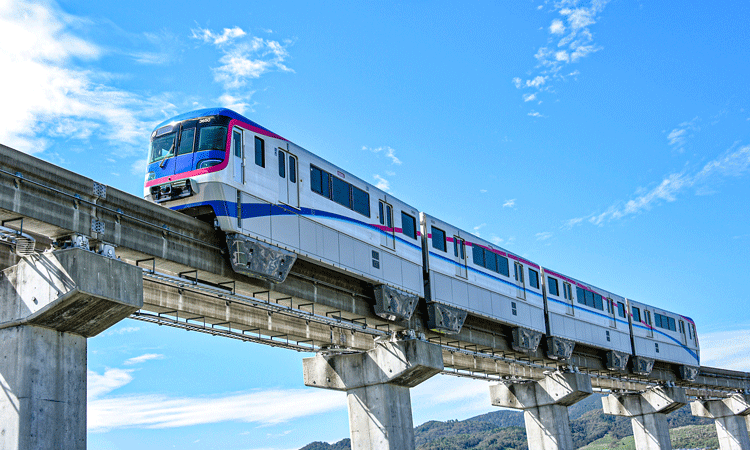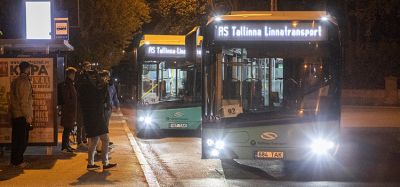Mobile ticketing launched on Osaka Monorail
- Like
- Digg
- Del
- Tumblr
- VKontakte
- Buffer
- Love This
- Odnoklassniki
- Meneame
- Blogger
- Amazon
- Yahoo Mail
- Gmail
- AOL
- Newsvine
- HackerNews
- Evernote
- MySpace
- Mail.ru
- Viadeo
- Line
- Comments
- Yummly
- SMS
- Viber
- Telegram
- Subscribe
- Skype
- Facebook Messenger
- Kakao
- LiveJournal
- Yammer
- Edgar
- Fintel
- Mix
- Instapaper
- Copy Link
Posted: 9 November 2021 | Intelligent Transport | No comments yet
Users of the Japan Transit Planner and Norikae Annai journey planning MaaS apps can now benefit from mobile ticketing when travelling on the Osaka Monorail.


Credit: Osaka Monorail
Jorudan, Japan’s leading trip planning service – in partnership with Masabi – has announced the launch of mobile ticketing for Osaka Monorail, Japan’s largest elevated rail network, covering 18 stations in the country’s third largest city.
The initial three-month pilot deployment will see the two companies deployed in a major Japanese city, offering a proven mobile ticketing solution on a high-density transit service with high passenger volumes.
From 4 November 2021, passengers can purchase one-day mobile tickets and off-peak mobile tickets, valid for use across the entire network using Jorudan’s two MaaS apps – Japan Transit Planner and Norikae Annai journey planning. The Japanese company has integrated the Justride mobile ticketing SDK into its market-leading MaaS apps, meaning that, once operators sign up to the service, tickets can quickly and easily be made available to all users of both apps.
During the initial pilot, ticket validation will be carried out at stations by Osaka Monorail staff using Masabi’s Handheld Inspect App, which runs on standard Android and iOS smartphones.
Toshikazu Sato, CEO of Jorudan, commented: “Having proven the value of Masabi and Jorudan’s partnership in towns and cities across Japan, this pilot will help to demonstrate the benefits that mobile ticketing can provide both to transport operators and their passengers. With this system, we expect waiting times to be reduced and the quality of service is improved. This will help trips on the Osaka Monorail to become safer and more agile.”
Thanks to the cloud-native and shared platform Justride, transport operators no longer need to purchase their own design-and-build bespoke ticketing systems, which are expensive, slow and risky to deploy, and do not update regularly with new features and functionality unless significant amounts of money are invested. Instead, using a Fare Payments-as-a-Service approach, they can benefit from the latest innovations delivered quickly and cost-effectively, with regular feature updates everyone benefits from.
Related topics
Journey Planning, Passenger Experience, Public Transport, Ticketing & Payments
Related modes
Monorail
Related countries
Japan
Related organisations
Jorudan, Masabi, Osaka Monrail
Related people
Toshikazu Sato








